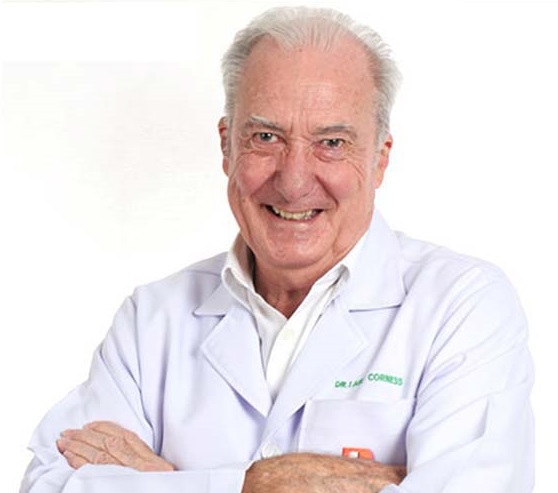

In this, the new ages where we can clone sheep, develop blue tablets which can bring joy to all men over the age of 60 and other groundbreaking advances, what about breast feeding?
Is Mum still the best? With infant formulas (“formulae” for the pedantic) being around for about 50 years, surely the need for breast feeding has stopped in our new technological and scientific age?
In my medical school days, it used to be said that the three reasons breast milk was better than bottle were:
- 1. You didn’t have to look for the equipment in the middle of the night,
- 2. It was always at the correct temperature and
- 3. It came in such handy containers!
However, forgetting the humorous aspects, there is no doubt about it that Mum still is best. There are still significant differences between formula and Mum, although the gap is narrowing every year. You see, Mum’s milk contains antibodies, enzymes and hormones – so far these are not available as freeze dried products, just add water and pop in the microwave to warm!
Statistics are all on the side of Mum too. Did you know that bottle fed bubs are five times more likely to be admitted to hospital compared to breast fed infants? An American study also found that bottle babies were more likely to suffer from diarrhoea, cough, wheeze, vomiting and all sorts of other ailments.
Of course there will be those who will say that women with small breasts are unable to fully feed a baby. This is a total myth. Size, gentlemen, does not matter when it comes to milk production. Sure, the smaller breasted Mums may not have the same storage capacity as their more generously endowed sisters, but they will still produce enough quantity over a 24 hour period. They may have to feed the infant more often – but the quantity (and quality) is still there.
Even the old bugbear, cigarette smoking comes into the fray with the breast versus bottle arguments. We know that no one should smoke, but if a Mum continues (or can’t stop, usually) and she bottle feeds her children, they are seven times more likely to develop breathing problems, having had the bottle instead of the boob.
Of course, some infant formula folk will say that you should use a soy formula, rather than one derived from cow’s milk. However, science does not bear this out. One noted College of Pediatrics has even gone so far as to say, “There is no evidence that soy formulae are nutritionally better than cow’s milk formulae for normal infants.” It is also of interest to note that 40 percent of infants allergic to cow’s milk protein also develop soy milk allergy. There is also work going on right now that appears to show that use of soy milk formulae may impair immunity in the child. So much for soy!
There are those who will say that breast milk, these days, is contaminated with pesticides, since these fat soluble environmental chemicals are everywhere. And the cows are not? Cow’s milk is just as likely to be contaminated with DDT and its derivatives, just the same as soy milk.
How long should you breast feed? The World Health Organization and UNICEF have recommended that mothers breastfeed for at least two years. But most US women who nurse stop before their baby is six months old. My personal experience with my kids is that the baby will let you know, by pushing Mum away and showing a preference for something new. Banana is good, though too early yet for fish and chips.
There was a famous TV advert in Australia many years ago for a deodorant called “Mum” and the catch line was, “I can get by without lots of things, but I can’t get by without my Mum.” For little babies, that line is even more important!





